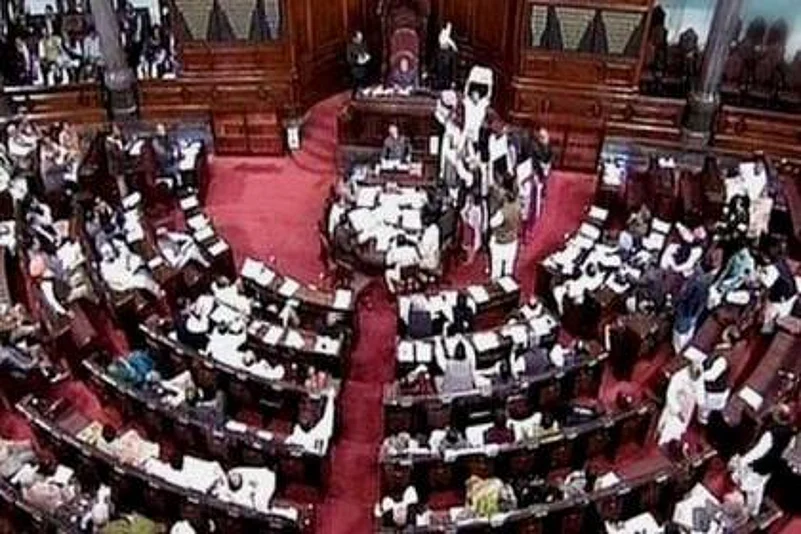The Rajya Sabha on Wednesday passed the Constitution amendment bill to provide 10 per cent reservation in jobs and educational institutions to economically backward sections in the general category.
A day after Lok Sabha approved The Constitution (One Hundred and Twenty Fourth Amendment) Bill, 2019, the Rajya Sabha passed the law with 165 voting in favour and 7 against.
In the last leg of the legislative process, the Bill will now go to the President for approval. And once its gets his ascent, it will become the law that will give economically weaker sections in the general category 10 per cent reservation in education as well as central and state government jobs.
The Bill was approved after the House rejected a motion moved by Kanimozhi (DMK) and supported by Left parties for sending it to a parliamentary select committee for scrutiny. Against 18 members supporting, 155 opposed it and one member abstained.
The Bill was approved after the House rejected 5 amendments moved by Opposition members.
The quota will be over and above the existing 50 per cent reservation to SCs, STs and Other Backward Classes (OBCs).
Replying to nearly eight hour long debate in Rajya Sabha, Social Justice and Empowerment Minister Thaawar Chand Gehlot asked Congress how it would have implemented the promise it made in its election manifesto of giving giving reservation to poor of general category by amending the Constitution.
He said reservation to SC, ST and OBCs will not be touched by the amendment and opposition parties should have supported the legislation without any ifs and buts.
The changes in the Constitution being made to provide the reservation will hold scrutiny of the Supreme Court, he hoped.
Filling up of jobs reserved for SC/STs and OBCs is an ongoing process, he said, adding the bill was an attempt to benefit poor of general category who have been deprived so far.
While opposition parties questioned the motive behind bringing the legislation just four months before the general elections, Law Minister Ravi Shankar Prasad used cricketing anology to justify the move saying 'sixes are hit only in the slog overs' and said more such "sixers" are in the pipeline.
Several opposition members raised doubts about the legality of the bill in view of the Supreme Court setting limit of quotas at 50 per cent.
Minister of State for Social Justice and Empowerment Ramdas Athawale said he saw nothing wrong in bringing a bill to win election.
Congress and other opposition parties also raised doubts over the move actually benefiting the deserving when, they said, government jobs are drying and the economy is witnessing a jobless growth.
Questioning the criteria defined to classify economically backward classes in general caterogy as persons with annual family income of Rs 8 lakh when income tax exemption limit is only Rs 2.5 lakh, they also asked why in the four-and-half- years the Modi government did not bring women's reservation bill and one for reservation for SCs in promotion.
The Bill comes just four months ahead of Lok Sabha polls and weeks after BJP faced the wrath of the upper castes especially in Madhya Pradesh and Rajasthan following its aggressive push to win over backward classes and Dalits, and is being seen as an attempt by the party to win over the upper castes.
Constitution envisages quota for socially and educationally backward classes besides SC and STs, but has no mention of economically weaker section.
The amendment bill seeks to insert a clause in Sections 15 and 16 of the Constitution.
A Constitution amendment bill requires support from at least two-thirds of members present and voting in the both Houses of Parliament.
The Lok Sabha passed the bill with 323 voting in favour and three against.
(PTI)
















